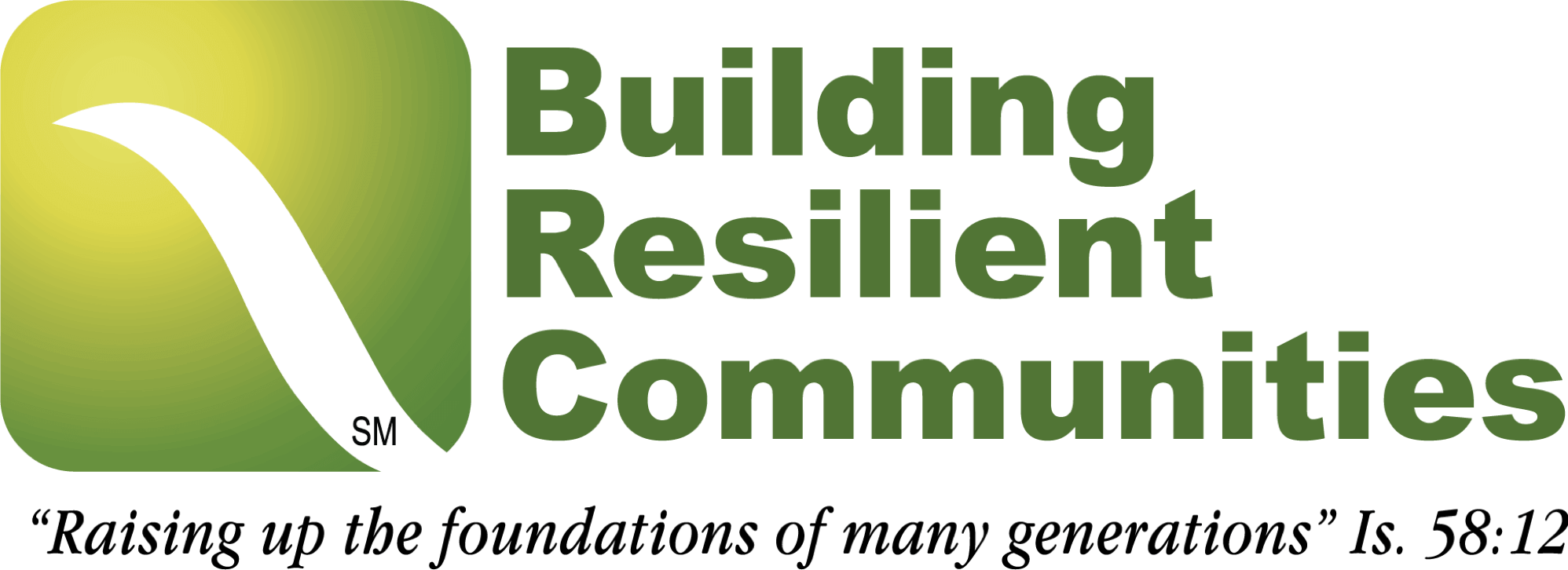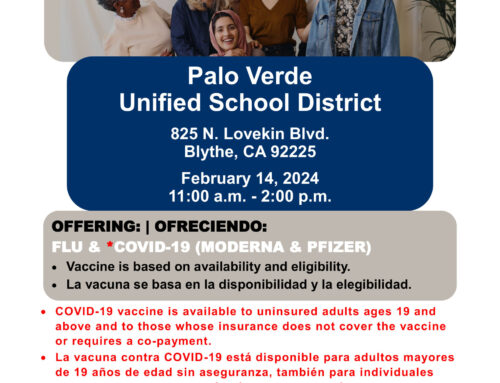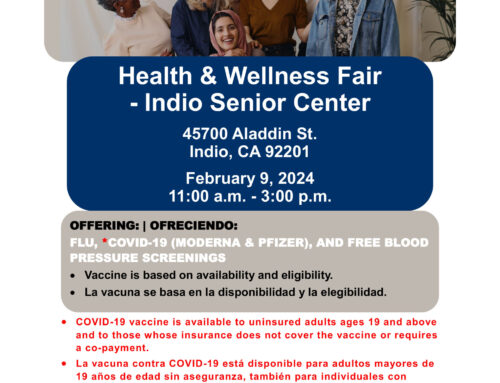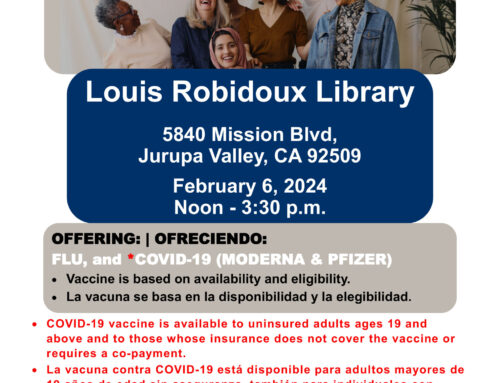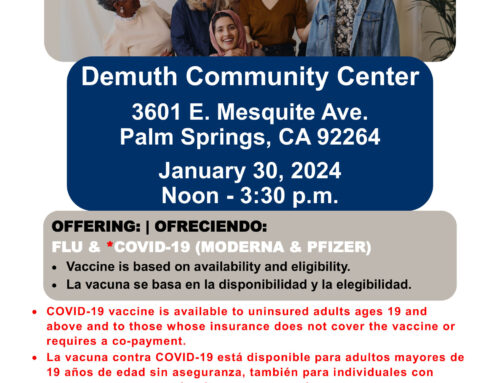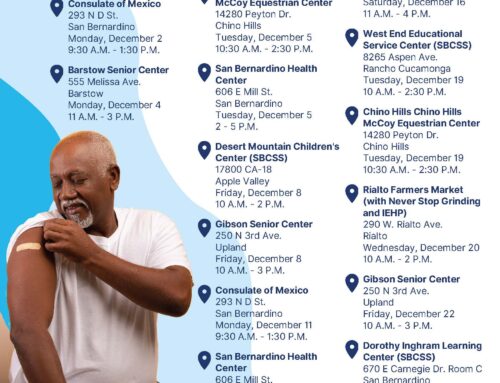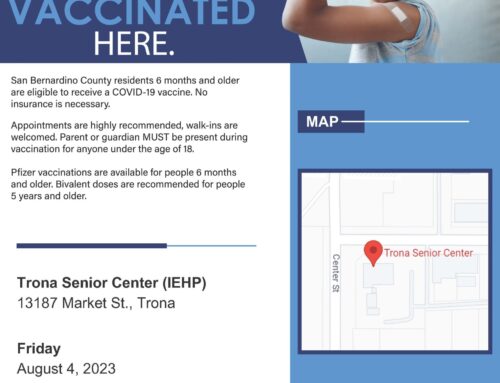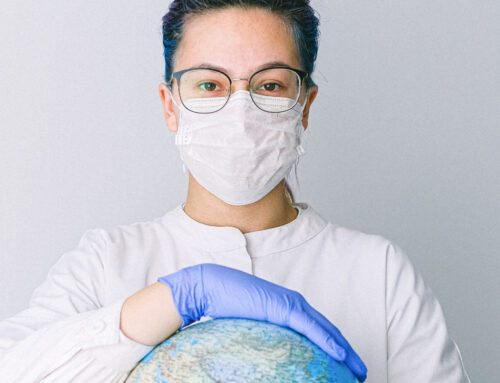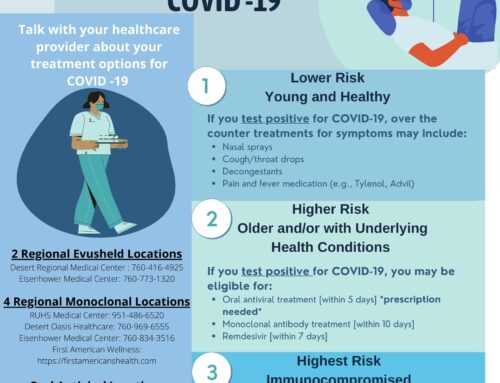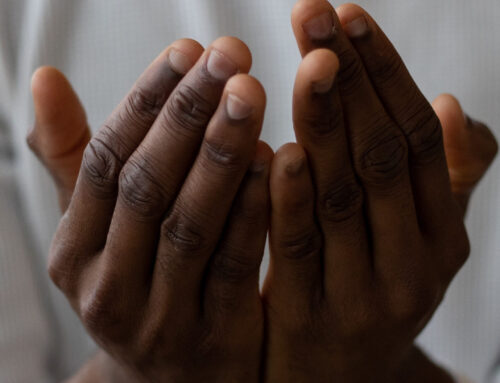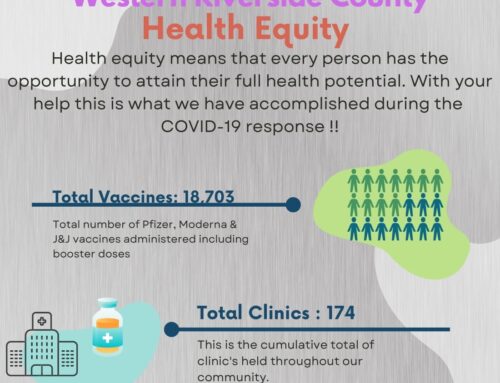Published February 24, 2022 by CA Department of Public Health
Updates as of February 24, 2022:
-
To align with the Centers for Disease Control and Prevention’s updated recommendations for booster guidance for immunocompromised individuals (3 months after the additional dose for mRNA COVID-19 vaccine recipients, and recommendations for an additional dose + booster for J&J recipients).
Who is eligible for booster vaccinations?
A COVID-19 booster dose is recommended following completion of a primary vaccination series. The following ages are eligible for a booster dose:
- Pfizer: 12 and older
- Moderna: 18 and older
- Johnson & Johnson: 18 and older
What is the difference between boosters and additional doses for immunocompromised individuals?
A booster dose is a dose of vaccine that is needed when a person’s level of immunity has decreased over time. Booster doses are very common and are a normal part of most vaccine series.
An additional dose for immunocompromised individuals is necessary after an initial primary vaccine series is likely to be insufficient, and an additional dose can increase a person’s immune response.
People who are 5 and older who are moderately or severely immunocompromised should receive an additional mRNA dose after their primary series, and are also eligible for a booster dose if they are 12 and older.
People who are moderately or severely immunocompromised who received the Johnson & Johnson COVID-19 vaccine should receive an additional mRNA COVID-19 vaccine dose and a booster dose.
When should I receive a booster dose?
- Pfizer or Moderna at least 5 months after their second dose.
- Johnson & Johnson at least 2 months after their initial vaccine series
For people who are moderately or severely immunocompromised:
- Pfizer or Moderna: additional mRNA dose at least 28 days after the second dose, followed by a booster dose at least 3 months after the 3rd dose, a total of four vaccine doses.
- Johnson & Johnson: additional mRNA dose at least 28 days after the initial vaccine dose, followed by a booster dose at least 2 months after the 2nd dose, for a total of three vaccine doses.
It is recommended that eligible individuals receive a booster as soon as they’re eligible to maintain a strong immunity against COVID-19. You may receive the Booster dose of your choice, following completion of your primary vaccination series but mRNA COVID-19 vaccines (Pfizer or Moderna) are preferred over the Johnson & Johnson COVID-19 vaccine. See this COVID-19 Vaccine Eligibility Chart (PDF) for additional details.
When will booster doses be made available in California?
California began administering booster doses as of September 24, 2021, when Pfizer boosters were first approved, and have been actively working with our partner networks and medical providers to ensure the state is ready to meet demand as boosters are more widely recommended.
Can I receive a booster dose before the recommended time frame?
No, booster doses are authorized for a specific time frame based on the initial vaccine received and its corresponding research and data.
Is a booster dose the same amount of vaccine as doses in the original vaccine series?
The Pfizer and Johnson & Johnson booster doses are the same dosage as the original vaccine received in the series, while the Moderna booster dose will be half dosage compared to the original vaccine series.
How does someone find and receive a booster dose?
Boosters will be available through all current channels, including healthcare providers, clinics and neighborhood pharmacies. Californians can visit the My Turn website (MyTurn.ca.gov) or call 833-422-4255 to make an appointment or find a nearby vaccine clinic.
Which vaccines are covered by the emergency use authorization for booster doses?
All three widely available COVID-19 vaccines have been granted an extended EUA to allow for booster vaccine doses for specific populations.
Can a person get a booster dose from a different manufacturer from their original series, or do they need to stay with the brand for their original supplier?
A single booster dose of any of the available COVID-19 vaccines may be administered as a mix and match (heterologous) booster dose following completion of primary vaccination with a different available COVID-19 vaccine. The eligible populations and dosing interval for a mix and match booster dose are the same as those authorized for a booster dose of the vaccine used for primary vaccination.
For example, Johnson & Johnson (J&J) vaccine recipients 18 years and older may receive a single booster dose of the J&J or Pfizer, or a booster dose of Moderna (half dose) at least two months after receiving their J&J primary vaccination.
In another example, Pfizer vaccine recipients may receive a booster dose of Moderna (half dose), Pfizer or J&J at least five months after completing their primary vaccination.
Californians can receive the booster dose of their choice, but mRNA COVID-19 vaccines (Pfizer or Moderna) are preferred over the Johnson & Johnson COVID-19 vaccine.
Can I get multiple boosters?
No, only one booster dose is recommended at this time. Eligible Californians should receive a booster at least five months after the second dose of their Pfizer or Moderna vaccine series, or at least two months after receiving the Johnson & Johnson vaccine.
Will boosters be required to be considered fully vaccinated under the current CA Public Health Orders?
At this time, a person is considered fully vaccinated when they have completed their original vaccine series. Booster doses are not required to be considered fully vaccinated but are strongly encouraged for those that are eligible to ensure significant protection from COVID-19 and its variants.
Will digital vaccine records be updated to show that individuals have received a booster dose?
Yes, the Digital COVID-19 Vaccine Record has been updated and will show that a booster vaccine dose has been administered. Your vaccine record will not automatically update, so a new version will need to be downloaded to reflect that you have received a booster dose.
We recommend waiting 14 days for your new dose to show up in the California Immunization Registry.
If I get a booster dose, will it show on my digital vaccine record?
The QR code on your digital vaccine record does not automatically update. If you receive a booster dose of the COVID-19 vaccine, you’ll have to get a new QR code through the Digital COVID-19 Vaccine Record portal.
We recommend waiting 14 days for your new dose to show up in the California Immunization Registry.
Will an antibody or other test show whether I need a booster dose?
We do not recommend using antibodies or any other tests to determine protection from the virus at this time. There is significant variability from one antibody test to another, and we do not know enough about what antibody levels mean in terms of protection from COVID-19 and its variants.
Does receiving a booster eliminate the need for further harm-reduction precautions?
No, even with a booster dose, harm reduction precautions are still important to keep all Californians safe. Vaccines are not 100% effective, and some groups are not yet eligible for the vaccine, so taking harm reduction precautions such as wearing a face mask helps protect them from contracting COVID-19 and becoming seriously ill.
Should pregnant or recently pregnant individuals receive a booster dose?
Pregnant persons are eligible and are encouraged to receive a booster dose. People who are pregnant or recently pregnant are more likely to get severely ill with COVID-19 compared with people who are not pregnant. People who are pregnant should receive a COVID-19 vaccine booster shot when it’s time to get one.
How is California verifying people are getting booster vaccine doses within the recommended time frame mark and not jumping the queue?
California is using self attestation to confirm eligibility for a booster. There is no verification process required to confirm eligibility, though some providers may ask for additional confirmation or eligibility such as verification or age or occupation. California has ample supply to ensure all eligible Californians will have access to the vaccine.
How do we know booster doses are safe?
Booster doses went through the same thorough scientific review process as the initial vaccine series, with trial data from all over the world being reviewed and considered when making a recommendation. The vaccines, including booster doses, are proven safe.
What side effects should be expected after receiving a booster dose?
The side effects from booster doses should be the same mild side effects experienced when receiving the initial vaccine dose. A sore arm at the injection site and mild flu-like symptoms are normal and demonstrate that your body is rebuilding immunity to COVID-19.

